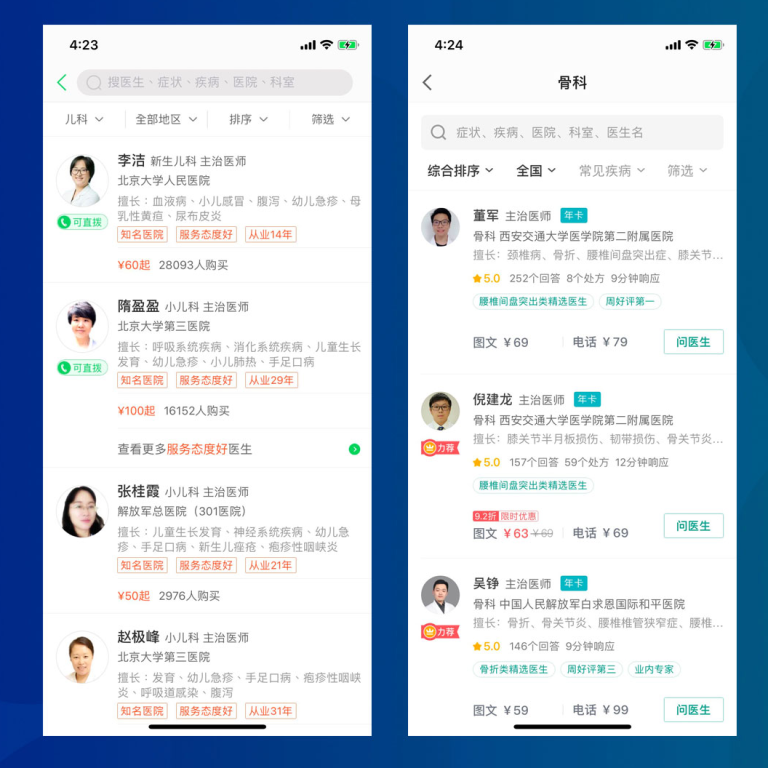
Apple settles App Store dispute after outcry from digital doctor apps
Developers in China say online medical consultations are different from other in-app purchases
Update: Headline and story updated to reflect Apple’s response.
There’s a cost to selling things in iOS apps. For more than a decade now, Apple has been charging developers a 30% commission on every in-app purchase, whether it’s subscriptions or virtual game currencies. The practice has drawn its share of detractors, the latest being online healthcare platforms in China.

In the case of iOS apps, users are required to make in-app purchases through Apple’s own payment system. Popular Chinese online payment services such as WeChat Pay and Alipay are almost universally banned unless they're linked to your Apple account. That ensures Apple can take a 30% cut from all in-app transactions.
(Abacus is a unit of the South China Morning Post, which is owned by Alibaba, whose financial arm Ant Financial operates Alipay.)
Developers of medical apps in China, like Chunyu Yisheng and Dingxiang Yisheng, said Apple requested a 30% revenue cut from them even though their services are fundamentally different from the cookie-cutter products typically offered by other apps. Each medical consultation, they argued, is unique and therefore shouldn’t be lumped into the same category as game items or online courses.
Following the backlash, Apple said it had conducted a review. The company told us on Thursday that they had determined that the apps should not be charged and that they have never been charged.
“We do not charge a commission for apps that exchange physical goods and services,” Apple said in an emailed response. “This was a new situation and we wanted to be sure we applied our guidelines correctly and consistently, and we’re sorry it took us longer than usual to make sure we got it right.”
Apple’s App Store commission has faced criticism both in China and around the world.
The US Supreme Court ruled earlier this year that an antitrust case against Apple can proceed. It stems from consumers who argue that Apple’s fee forces third-party developers to pass on the cost to iOS users, who are required to buy more expensive apps from its App Store.
In China, some of Apple’s major disputes involved WeChat, Tencent’s omnipresent multi-purpose app.
WeChat, the app that does everything
In 2017, WeChat temporarily removed its tipping function after it was deemed to be in violation of Apple’s policy. The feature allows users to send money to their favorite WeChat bloggers without using Apple’s payment system. Its removal triggered an outcry and calls from some users to boycott Apple products.
For more insights into China tech, sign up for our tech newsletters, subscribe to our Inside China Tech podcast, and download the comprehensive 2019 China Internet Report. Also roam China Tech City, an award-winning interactive digital map at our sister site Abacus.

